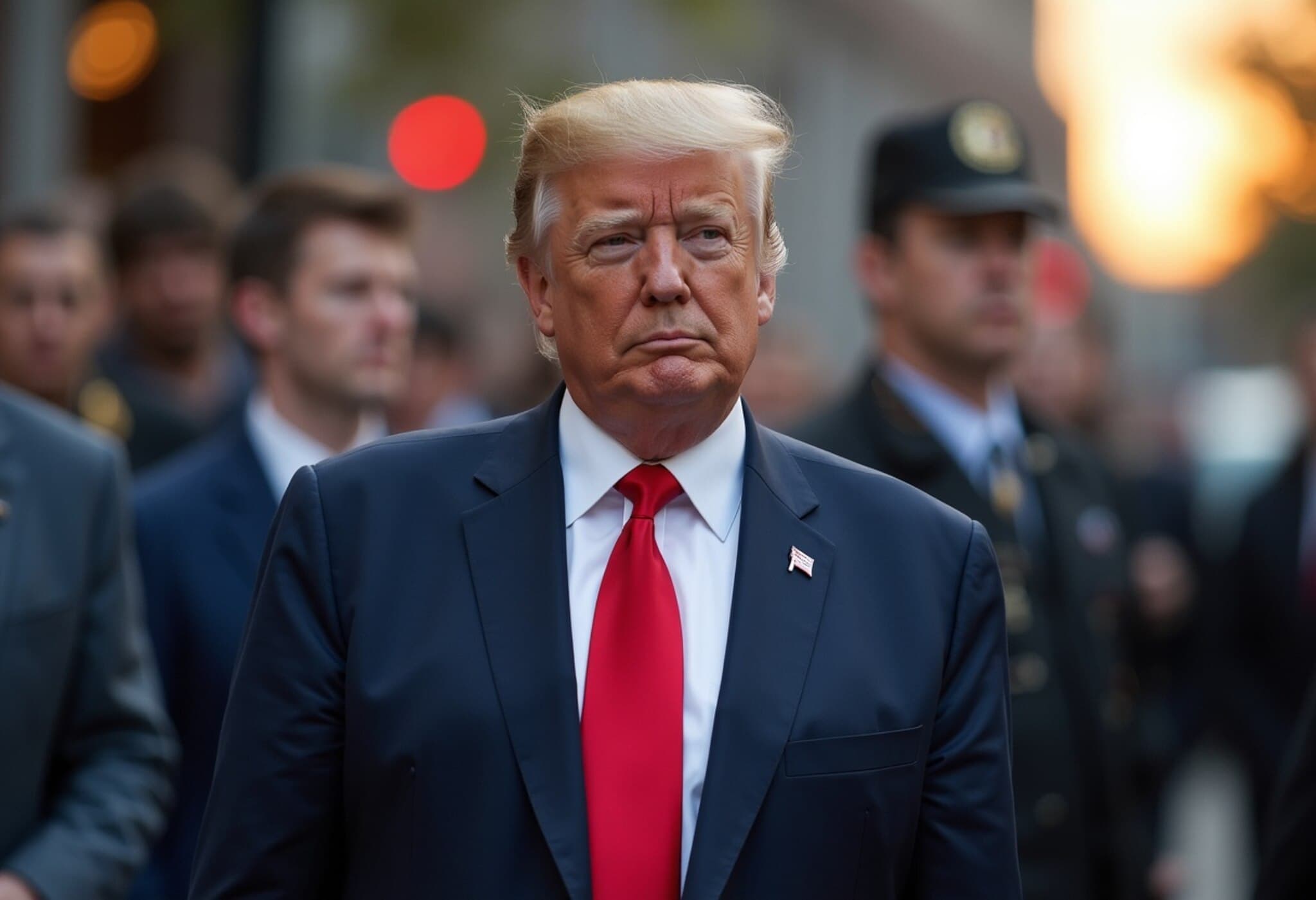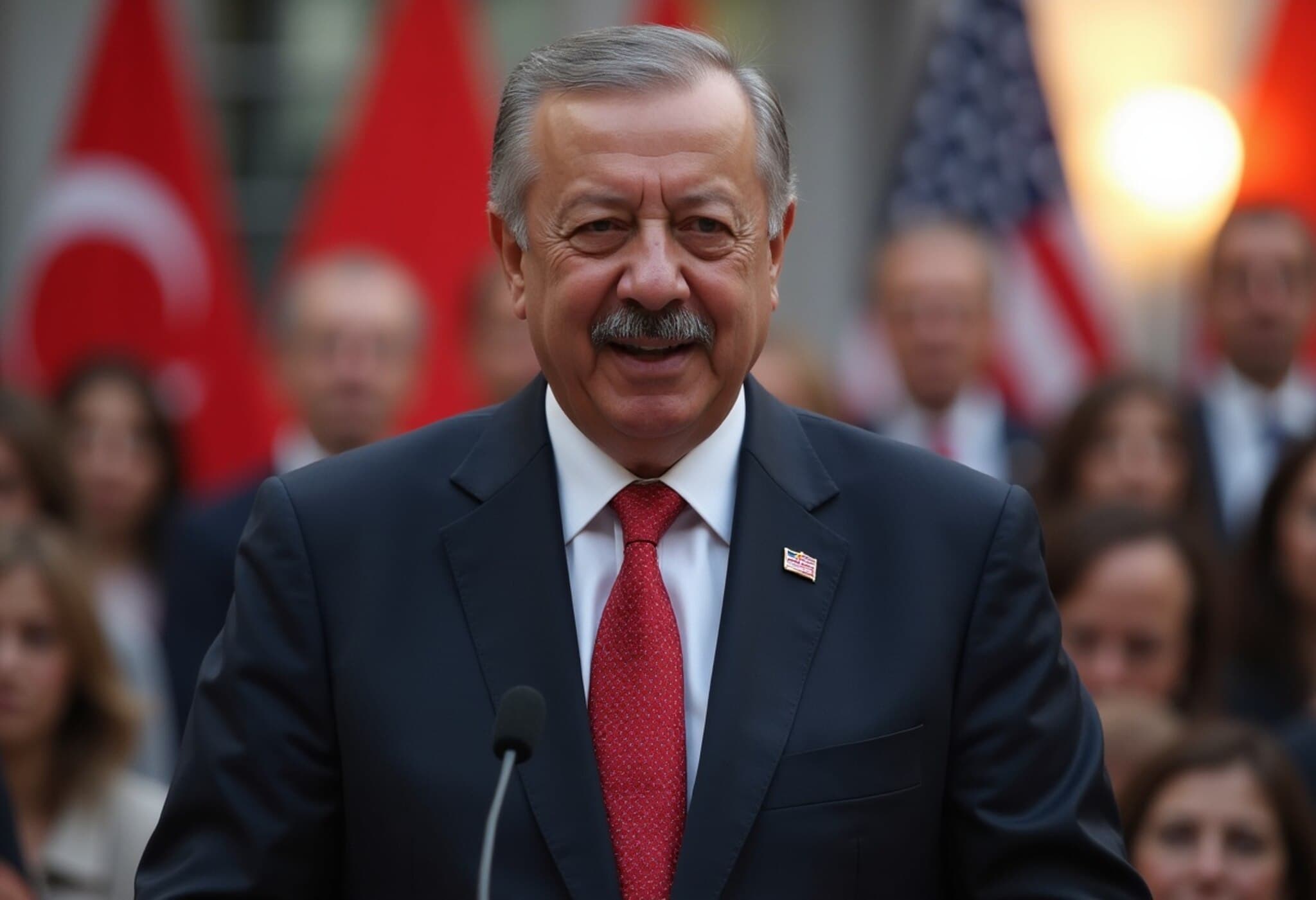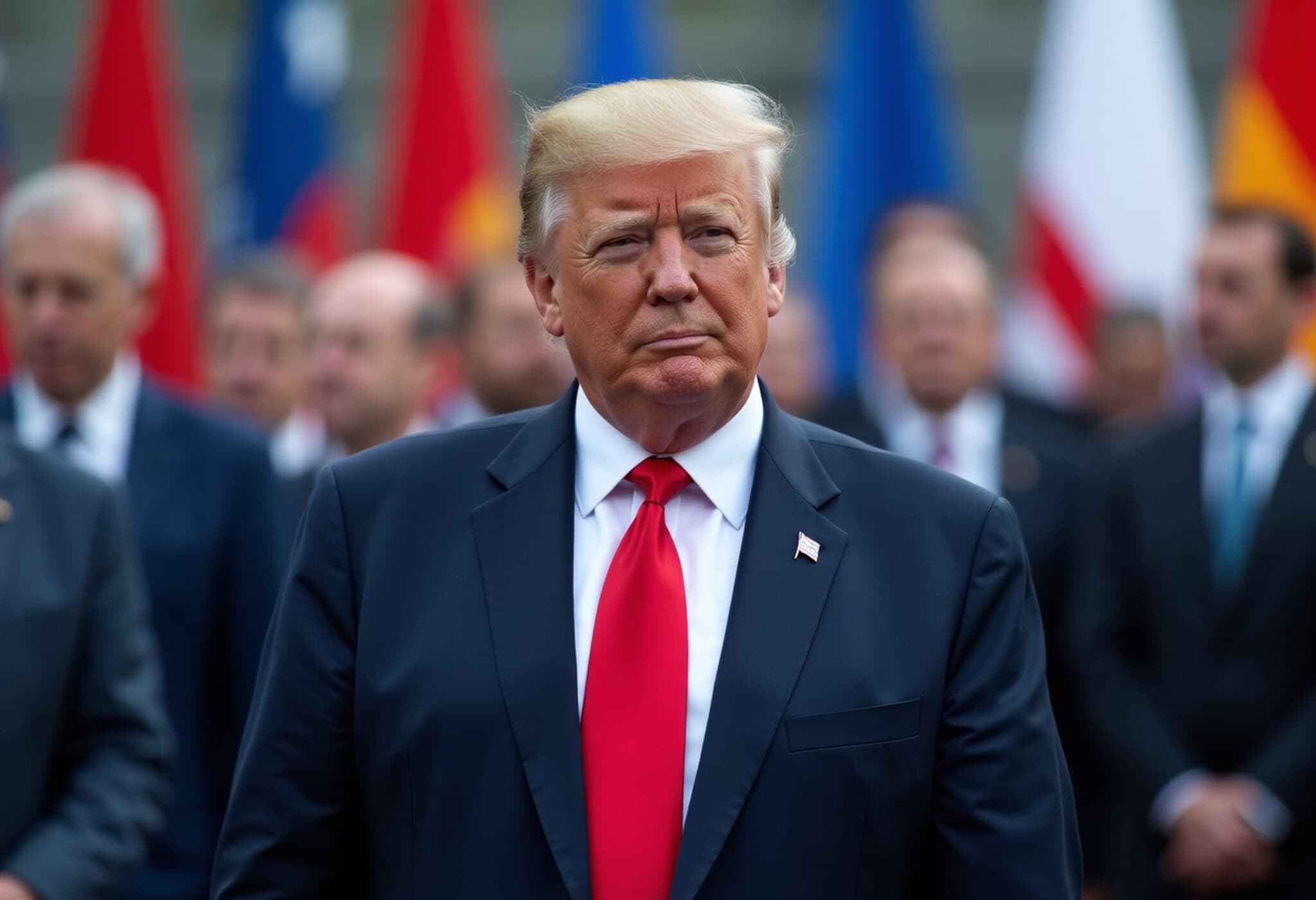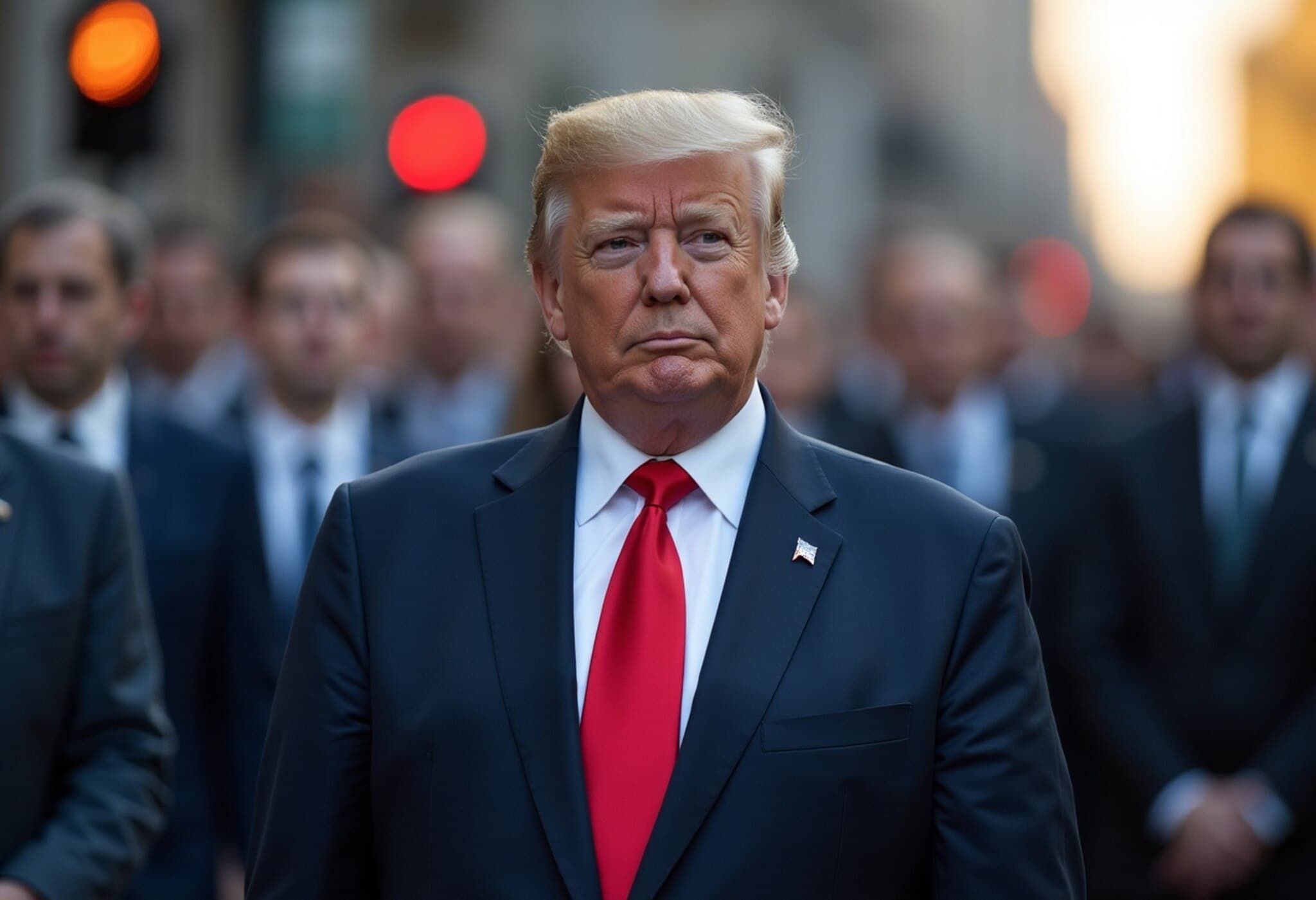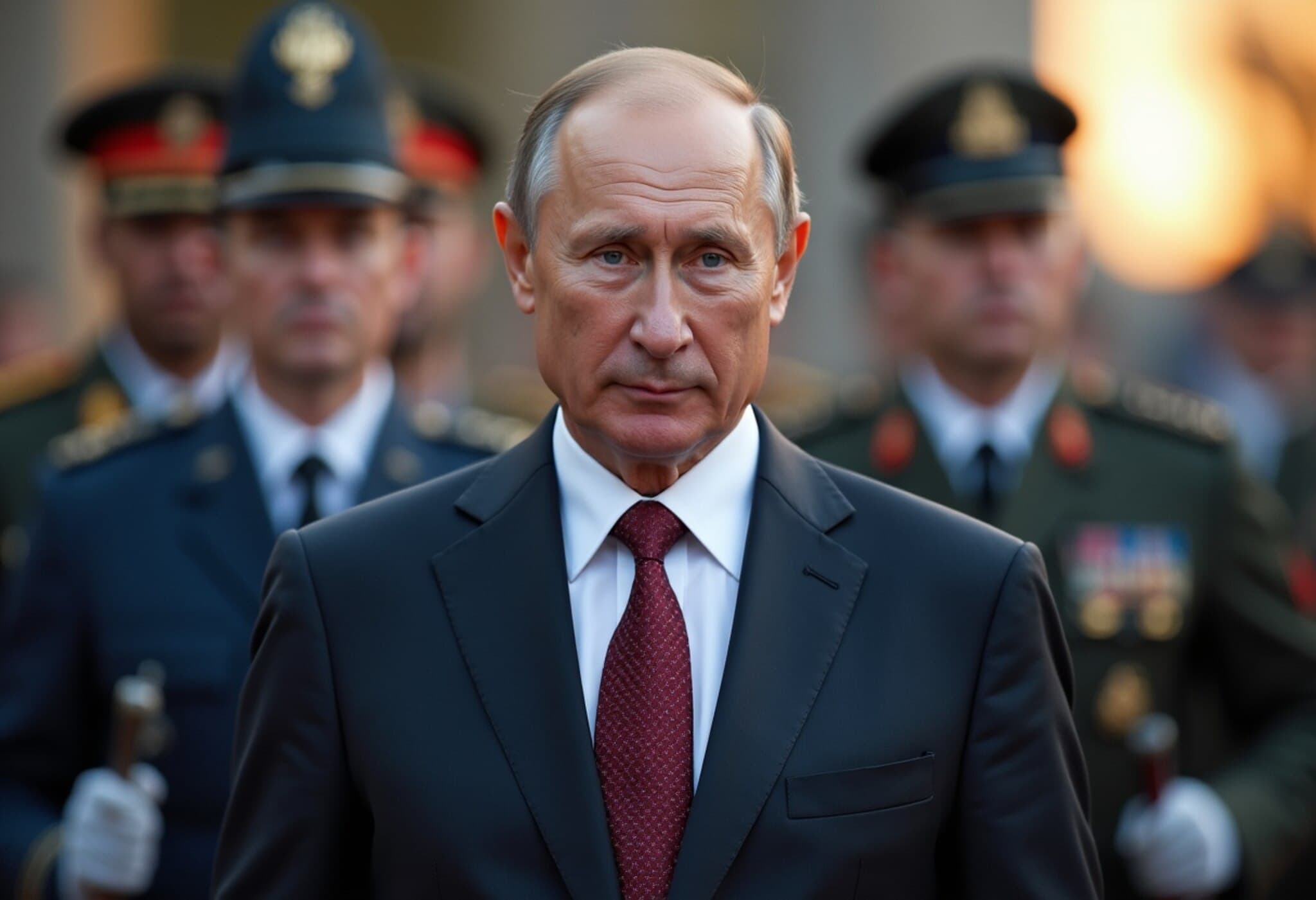Republican Senator Proposes Bill to Exit NATO
A Republican senator from Utah has introduced legislation aiming to withdraw the United States from the North Atlantic Treaty Organization (NATO). This move follows shortly after a key two-day NATO summit held in The Hague.
The senator, Mike Lee, dubbed his proposal the "Not A Trusted Organization (NATO) Act," asserting that the alliance has "run its course." He accused European NATO members of relying too heavily on the U.S., effectively "making American taxpayers pick up the check for decades." If enacted, the bill would require the president to formally notify NATO of the withdrawal in line with Article 13 of the NATO treaty.
Context and Political Challenges Ahead
Despite Lee’s push, the bill faces significant hurdles. Past bipartisan legislation has been enacted to protect the U.S. NATO membership from unilateral presidential withdrawal. For instance, in December 2023, Congress passed a measure mandating presidential withdrawal from NATO requires congressional approval. Similarly, during the Trump administration, attempts to leave NATO without congressional consent were thwarted amid concerns over alliance skepticism.
Interestingly, at the recent NATO summit, former President Donald Trump welcomed planned increases in defense spending by member countries—signaling some endorsement despite previous doubts over U.S. commitment.
Why This Debate Matters
Senator Lee’s proposal emerges amid renewed discussions about European defense spending and America’s global security role, especially regarding its engagement in European security. A departure from NATO would mark a drastic reversal of decades-long U.S. foreign policy, impacting transatlantic security cooperation, military alliances, and global diplomatic relations.
Lee’s Additional Legislation Targets Defense Burden Sharing
Accompanying the withdrawal bill, Lee also introduced two related bills—the Allied Burden Sharing Report Act and the NATO Burden Sharing Report Act—aimed at assessing whether NATO allies meet their defense spending commitments. These proposals enjoy bipartisan support, endorsed by senators Marsha Blackburn and Thom Tillis, who argue the bills will add transparency regarding financial fairness within the alliance.
The Summit Atmosphere and NATO’s Future
Michael Williams, a professor at Syracuse University who attended the recent NATO summit, described a tense atmosphere during the first alliance meeting under the current administration. Yet, NATO Secretary General Mark Rutte successfully encouraged commitments to raise defense spending to 5% of GDP, easing tensions with the U.S. delegation.
Williams raised a crucial point: whether European nations see the commitments as a genuine shift or merely as a pause to develop their own military capabilities while anticipating continued U.S. support.
Key Statements from Leaders
- Senator Mike Lee: "America’s withdrawal from NATO is long overdue. The alliance was formed to address threats that no longer exist. Europe should shoulder its fair share instead of relying on American taxpayers."
- Former President Trump (at The Hague): "If I didn’t stand with NATO’s Article 5 mutual defense clause, I wouldn’t be here."
What Lies Ahead for the NATO Withdrawal Bill?
Given prior bipartisan safeguards and the strategic importance of NATO to U.S. national security, the Not A Trusted Organization Act is unlikely to pass easily. Moreover, Trump's recent public support of NATO at the summit hints at a departure from his earlier critical stance.
As this debate unfolds, all eyes remain on Congress and the administration’s evolving posture toward NATO and America’s role on the global stage.

